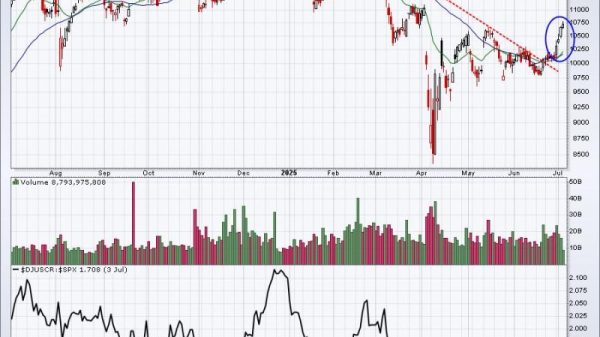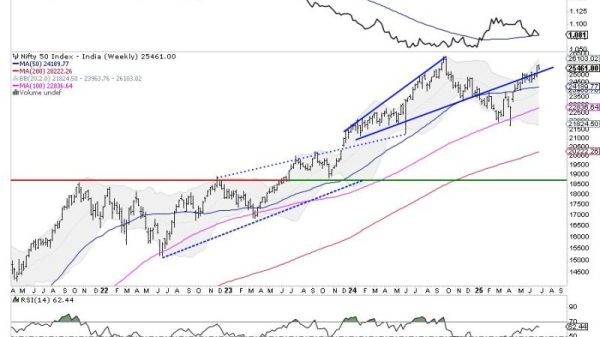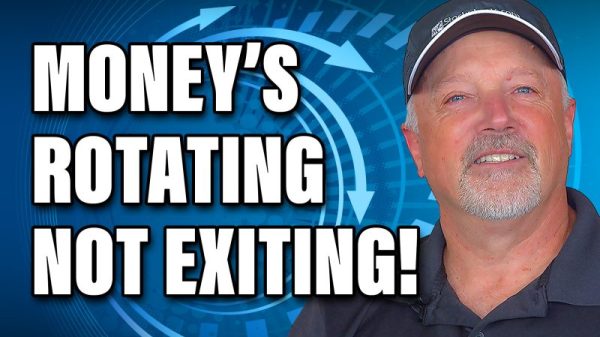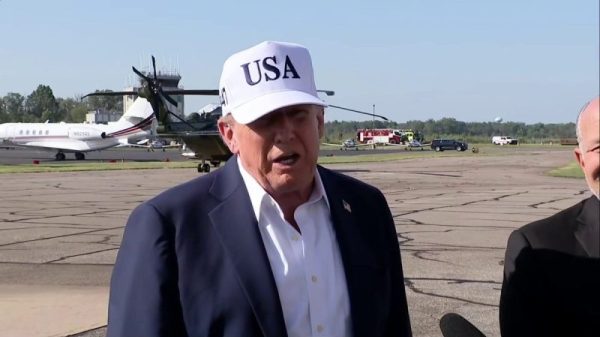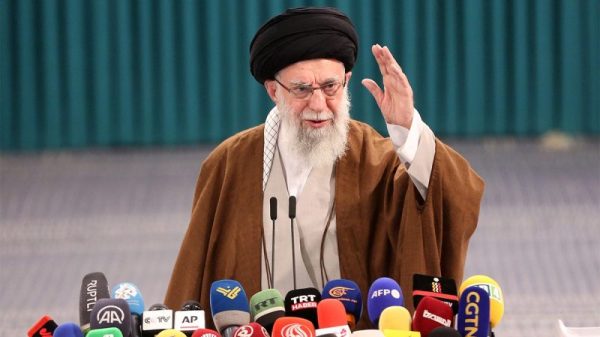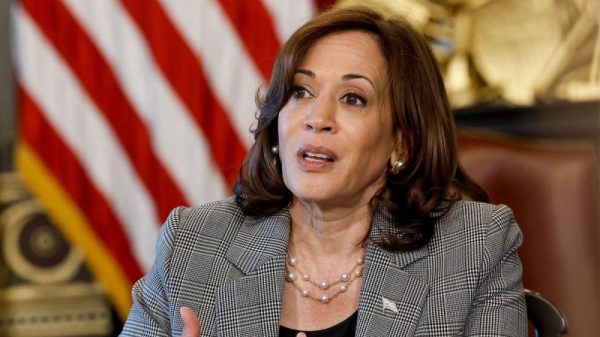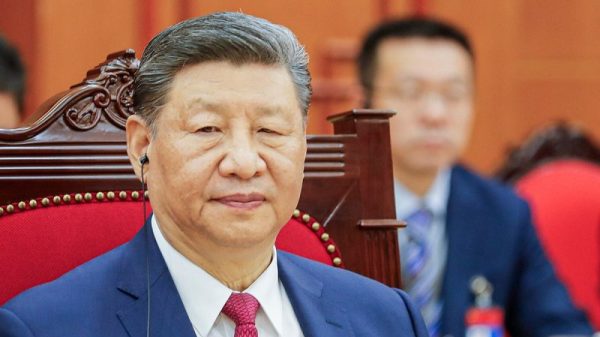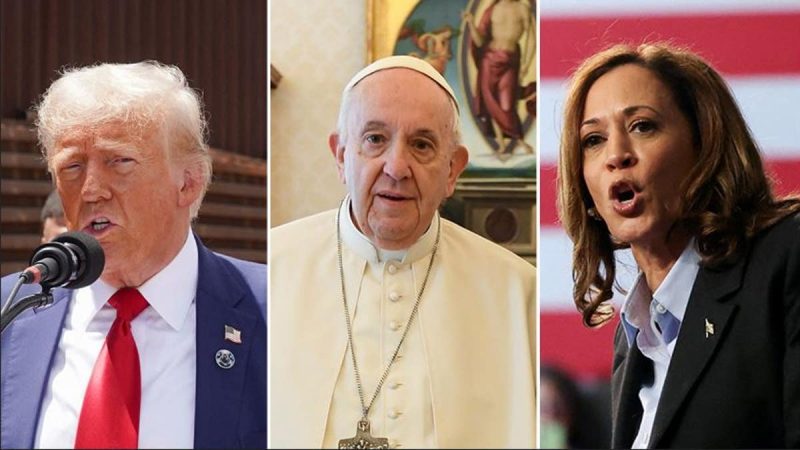In a recent address to Catholic voters, Pope Francis made a significant plea, urging them to carefully consider the choices presented to them in the upcoming US presidential election. He stressed the importance of selecting the lesser evil between the two main candidates, Donald Trump and Kamala Harris, highlighting the moral responsibility that comes with participating in the democratic process.
The Pope’s statement has ignited a debate within the Catholic community and beyond, as people grapple with the concept of choosing the lesser evil. While some may find this approach conflictual or unsatisfactory, it reflects a pragmatic and nuanced view of the reality of politics and the complexity of ethical decision-making.
The idea of choosing the lesser evil has a long history in moral and political philosophy. It involves making a decision between imperfect options based on the perceived consequences of each choice. In the context of elections, this concept underscores the need to prioritize certain values or principles over others, recognizing that no candidate or party is flawless.
Pope Francis’ call for Catholic voters to embrace this mindset aligns with the Church’s teachings on conscience and moral discernment. The Catholic tradition emphasizes the importance of informed and thoughtful decision-making, guided by the principles of solidarity, justice, and the common good. By urging individuals to weigh the potential harms and benefits of each candidate’s platform, the Pope encourages voters to act responsibly and ethically in exercising their democratic rights.
Critics of the lesser evil argument often point to the perceived compromise of one’s values or principles in making such a choice. However, proponents argue that in the imperfect world of politics, absolute purity or perfection is often unattainable. By acknowledging the limitations of human decision-making and the complexities of the political landscape, individuals can navigate ethical dilemmas with humility and prudence.
It is essential to recognize that the lesser evil approach does not absolve individuals of their moral obligations or justify unethical behavior. Rather, it serves as a framework for making difficult choices in situations where no clear-cut solution exists. By weighing the consequences of different options and prioritizing the greater good, individuals can strive to act in accordance with their values and principles, even in challenging circumstances.
As the US presidential election approaches, Pope Francis’ message to Catholic voters resonates beyond the boundaries of faith, highlighting the universal struggle to navigate moral dilemmas and make principled decisions in a complex world. By urging individuals to choose the lesser evil, the Pope invites us to engage with the messy reality of politics while upholding our moral and ethical commitments. In doing so, we can contribute to creating a more just and compassionate society, guided by the values of integrity, solidarity, and human dignity.

